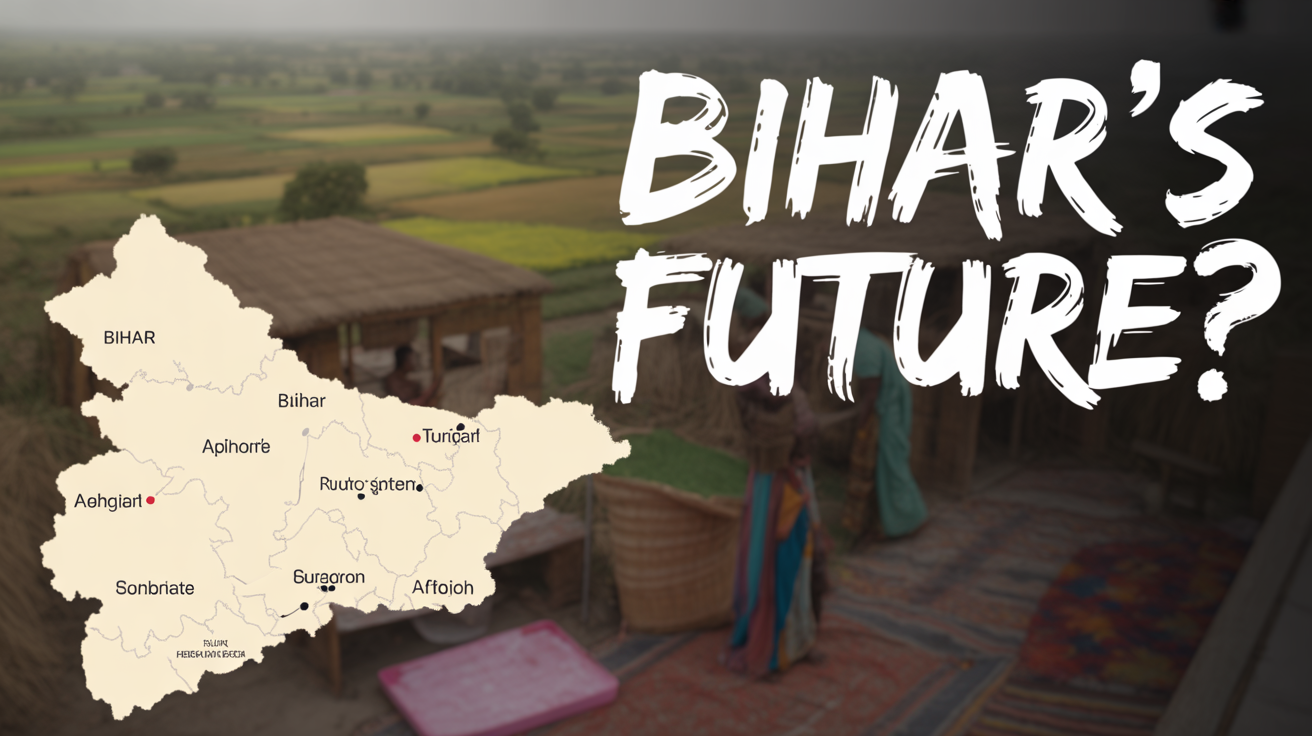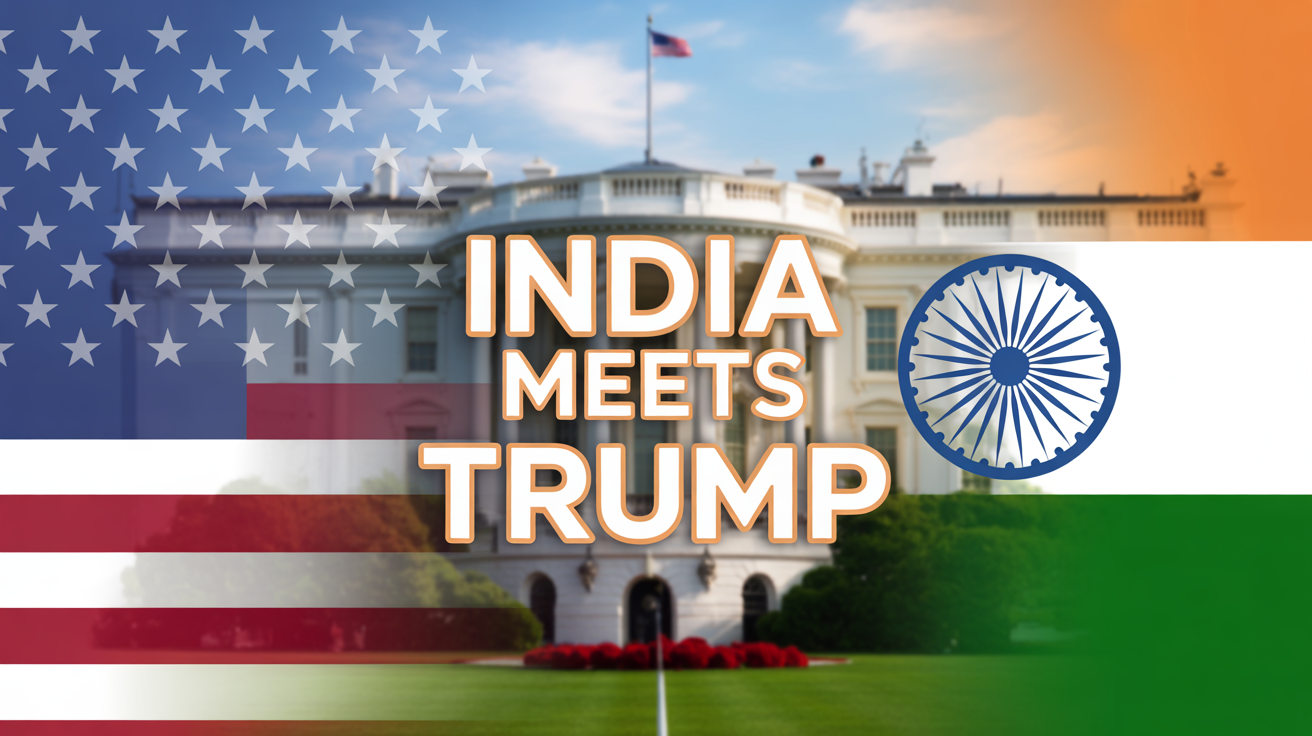1. Political Decisions Impact More Than Just Governments
Political decisions taken across the globe influence not just the government or leaders, but also affect ordinary citizens, social systems, and especially economic conditions. Even a small policy change like altering tax rates or parking rules can have financial consequences. On the other hand, large-scale political decisions can shake the global economy and impact trade, employment, and inflation worldwide.
2. Greece’s Crisis: When Leadership Failed the Economy
In 2010, Greece faced a massive economic breakdown due to years of government overspending, tax evasion, and low-interest policies. This resulted in high inflation and economic instability. Nearly 50% of Greek youth under 25 became jobless. Protests and riots erupted across the country. Greece had to seek financial help from the EU and IMF under strict repayment conditions, highlighting how poor governance can destroy an economy.
3. Berlin Wall Collapse: Economic Freedom for the East
The fall of the Berlin Wall in 1989 marked not only the political end of communism in Eastern Europe but also economic liberation. Countries like Poland, Hungary, and Ukraine shifted from centralized economies to capitalist systems. Around 400 million people were integrated into the global market, opening doors for trade, foreign investments, job creation, and financial independence. It was a historic example of how political reform can unlock economic potential.
4. EU Formation: A Union That Boosted Economies
The European Union was officially formed on November 1, 1993. It united several European countries economically and politically. The introduction of a common currency, the Euro, simplified travel and trade within the bloc. With its single market policy, the EU saw a 2.2% GDP boost and created nearly 2.8 million jobs. The EU remains one of the world’s strongest economic forces due to its collective strength and cooperative policies.
5. Post-WWII: Rebuilding After Destruction
World War II ended in 1945 but left deep economic scars. The Soviet Union lost about 15 million people, severely affecting its productivity. Germany’s industries were devastated and faced $320 billion in reparations. Britain borrowed $4.33 billion from the US, which it repaid only in 2006. These countries gradually rebuilt through efforts like the Marshall Plan, but the war highlighted how global conflicts can economically cripple entire nations for decades.
6. Arab Spring: Political Uprising with Heavy Economic Costs
The Arab Spring, starting in Tunisia in 2011, quickly spread across Egypt, Libya, Yemen, and Syria. While the movement aimed to end dictatorship and corruption, it led to civil unrest and economic collapse in many countries. The region lost an estimated $600 billion between 2011–2015, equal to 6% of its GDP. Tourism declined, investments dried up, and millions were left unemployed, showing how revolts can destabilize economies.
7. Poor Fiscal Management Can Ruin Nations
Greece’s crisis demonstrated how unchecked public spending, avoidance of taxation, and unsustainable borrowing can lead to a financial disaster. When political decisions ignore economic realities, the consequences fall hardest on ordinary people. Inflation rises, unemployment soars, and national debt spirals out of control. Fiscal responsibility at the leadership level is essential to maintain public trust and a stable economy.
8. Open Markets After Communism Fueled Growth
After the Berlin Wall fell, countries under Soviet control gained access to international trade and capitalist systems. They were no longer limited by Moscow’s command economy. With this freedom, nations like Poland attracted investments, modernized their industries, and connected to global markets. It was a turning point that proved that economic growth follows when countries are free to control their trade and finances.
9. United Economies Create Greater Global Influence
The European Union is a prime example of how political unity can enhance economic influence. By using a shared currency and common policies, EU nations eliminated barriers to business and movement. This increased their competitiveness on the global stage. Stronger together, the EU could negotiate better trade deals, reduce internal costs, and support weaker economies among its members, strengthening the whole region.
10. Politics and Economy Are Inseparable
From Greece to the EU, from the Berlin Wall to World War II and the Arab Spring—every major economic shift in recent history has had political roots. These examples prove that political choices shape not only policy but also the financial health and daily lives of millions. Sound political decisions with foresight and public interest at their core are essential for a nation’s economic stability and prosperity.






